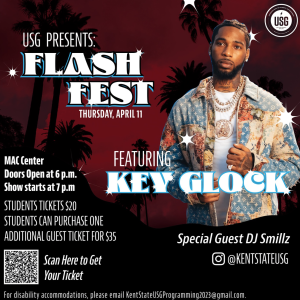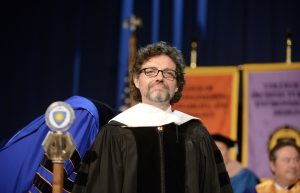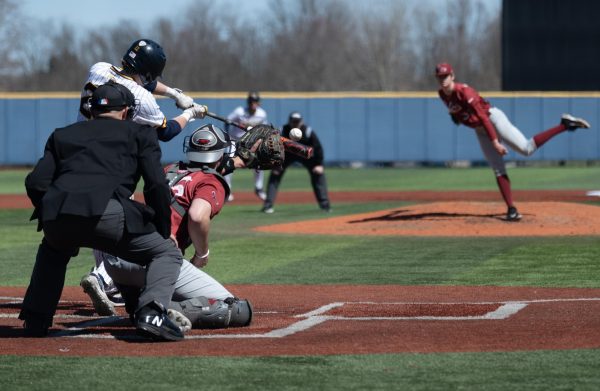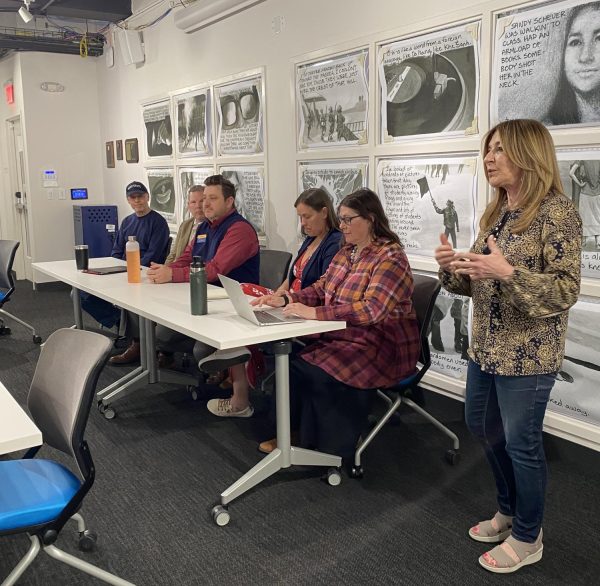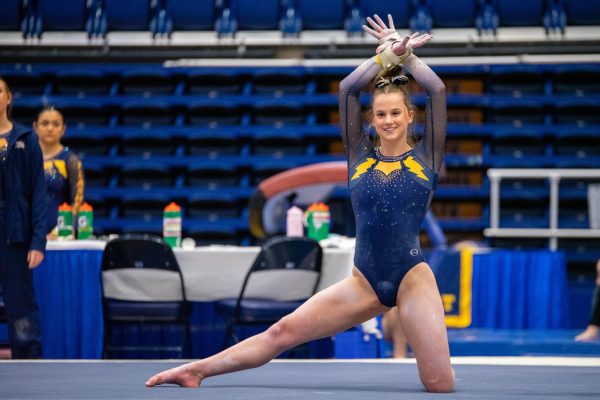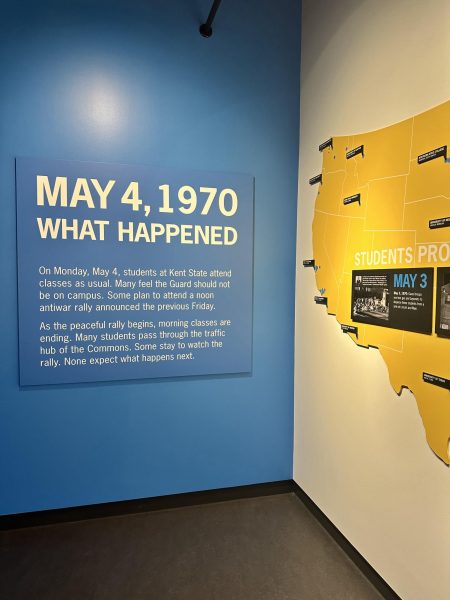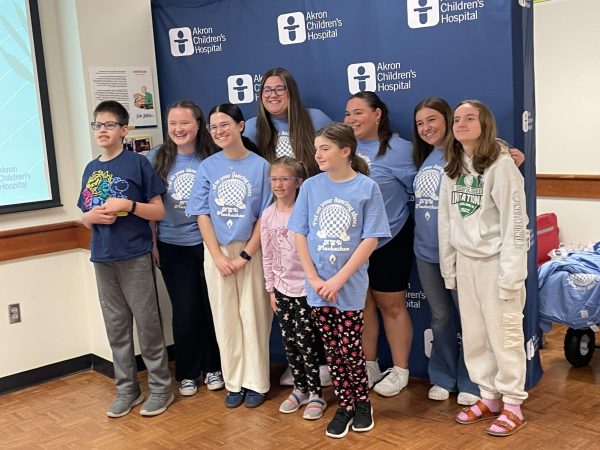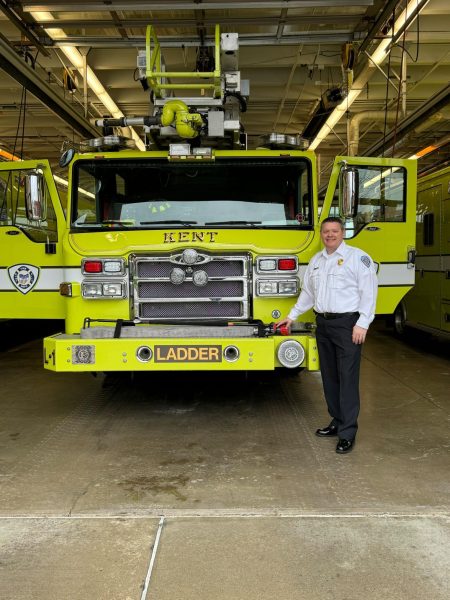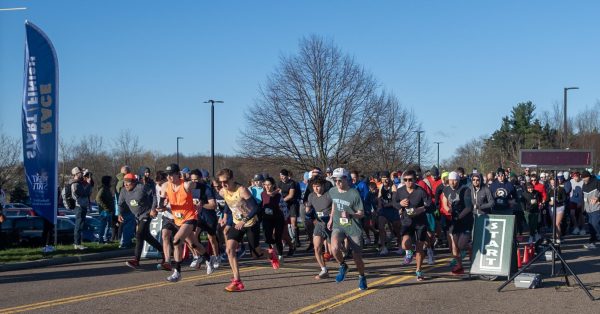U. California to consider banning research funding from tobacco companies
January 29, 2007
DAVIS, Calif. (U-WIRE) — Some tobacco companies spend hundreds of thousands of dollars in donations to leading organizations and universities, including the University of California-Davis. However, the University of California Board of Regents will consider a bill that, if passed, may change that.
The UC regents decided last week to postpone a vote on the bill that would, if passed, ban research funding from the tobacco industry. The regents decided to postpone the vote to their May meeting.
In an action item addressed to the members of the regent committee on finance, Regent John J. Moores said, “The collective use of sponsored research by the manufacturers and distributors of tobacco products as an industry to support a public deception about its products is unique, unprecedented and represents just such rare and compelling circumstance.”
He went on to say, “The Regents of the University of California shall accept no funds from the manufacturers or distributors of tobacco products, their affiliates, or any entity controlling or controlled by such companies, that are to be used to study tobacco-related diseases, the use of tobacco products or the individual or societal impacts of such use.”
Currently, there are no restrictions on the university’s ability to accept donations and sponsorship funds from any source, as long as the awards are in compliance with existing university policies. Individual researchers are free to apply for and accept funding from any source they choose.
The amount that UC campuses receive from tobacco companies is small when compared to the total research funding that the university receives. In the action item, it states, “Since 1995, UC researchers have received approximately 108 awards totaling about $37 million from tobacco-related companies for research, training and public service. By comparison, the university received more than $4 billion in total contracts and grants revenue in (fiscal year) 2006 alone.”
There are currently 19 active grants in the UC system from sponsors with known ties to the tobacco industry — all awarded from Philip Morris USA — equaling a total of about $15.8 million. These active grants are supporting research-related activities at UC Davis, UC Berkeley, UCLA and UC San Diego.
According to UC Davis Vice Chancellor of the Office of Research Barry Klein, UC Davis currently has nine active research awards, all from Philip Morris USA, that total $4.8 million. There are currently 2,880 active and inactive awards at UC Davis, he said.
The adoption of this ban, according to Moore’s statement, would be a way for UC “to disassociate itself from an industry known to make a product harmful to human health and that has a history of attempting improperly to influence or misrepresent research results.”
Some schools, such as John Hopkins School of Public Health and Harvard Medical School, have already adopted policies to decrease tobacco-industry funding.
Kishorchandra Gohil, an associate research biologist at UC Davis, is one of the researchers whose work would be affected if this bill were to pass. In an e-mail interview, Gohil explained his relationship with tobacco-funded sponsorships.
“My promotion from assistant research biologist was only possible because I was enabled to perform the research of my passion by Philip Morris,” he said. “My position at UC Davis is a ‘soft’ one. That means I have to obtain every penny I burn.
“This means that I have to obtain funds from the various funding agencies for my salary, my post-doc’s salary and for any student that I might want to work on the project,” he said. “About 50 (percent) of the funds that I obtain are paid to UC Davis.”
Opponents of the bill argue that putting restrictions on which faculty members can accept sponsorship would violate the academic freedom the faculty members have.
“The regents had grave concerns in regards to this bill,” said Jennifer Ward, a spokesperson for the UC regents. “No one at the meeting came outright and said it was OK to accept tobacco-industry funding, but they did express their concerns that the ban might violate the freedoms that the UC faculty currently have.”
Opponents to the ban argue that the university “should reject the idea that accepting funding from a corporate sponsor connotes an endorsement of the corporate sponsor’s products or corporate actions,” according to the action agenda.
“Our research faculty have the good sense and good judgment to decide what funding to accept and how to report the research results accurately and with integrity,” Klein said about the UC Davis faculty. “I do not believe that we should engage in selective banning of research funding because academic freedom and academic integrity is the hallmark of UC Davis and other research universities.”








